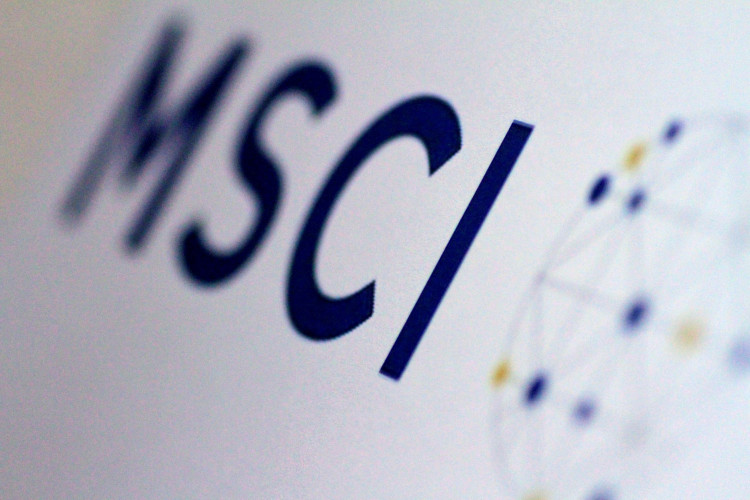One of the world's largest suppliers of stock indices has once again boosted the weight of Chinese shares in its emerging-market benchmarks despite strong headwinds from US lawmakers urging limited investment exposure to China.
MSCI, the New York-based index provider, added 204 China A-Shares on Tuesday to bring China's country weight to 33.8 percent, or a third, in the emerging market index, according to JP Morgan analysts.
"The benchmark is being skewed by a country weighing an unprecedented one-third," said Steven Schoenfeld, BlueStar Indexes ' chief investment officer. "There has never been a single country in history that counts so high," he added.
The increase, the third and final step planned this year, will compel US pension funds, mutual funds and other institutional investors that track the benchmarks to add billions of dollars more to Chinese companies' yuan-denominated shares.
China A-Shares are expected to see $7 billion in passive capital inflows from the increase alone in November, JP Morgan data shows.
As a result of the changes, China A Shares will see an additional $14.4 billion this year, combined with inflows of $4 billion and $3.4 billion from rounds of increases in May and August.
Schoenfeld pointed out that China's e-commerce giant Alibaba alone now accounts for 4.9 percent of the index. "A single company weights more than Indonesia's entire weight together with Malaysia," he said.
MSCI not only made the changes despite the concerns of fund managers about overconcentration, the move also went against US lawmakers' calls to curtail US investment in Chinese businesses; they argue that capital helps support a regime with a hardline stance on national security.
Their warnings come in the midst of a broader push for the US to decouple from China as the two countries' trade tussle, which began last year has spread to a race for technological dominance and financial markets.
In response to MSCI's move on Tuesday, US Senator Marco Rubio said he remains very concerned about the risk to retail traders and pensioners in the United States "who may unwittingly invest in opaque Chinese firms."
The senators pointed out that China's capital markets would be exposed to the $600 billion in assets managed by the Federal Retirement Thrift Investment Board (FRTIB).
The senators found suspicious a number of Chinese companies, including AviChina Industry & Technology, Hikvision, and ZTE. But the FRTIB objected to the plan, arguing that limits on investment in China-based businesses would rob its members of a substantial opportunity to return on retirement.





